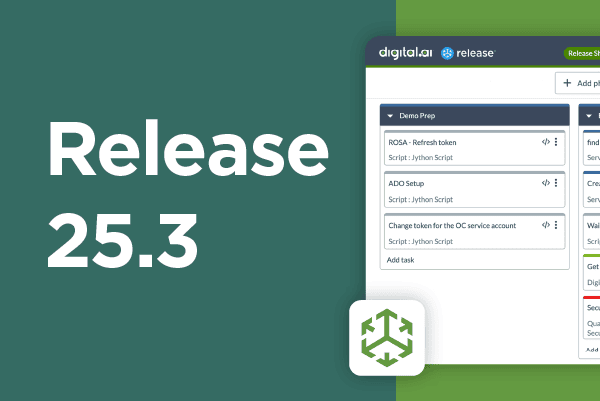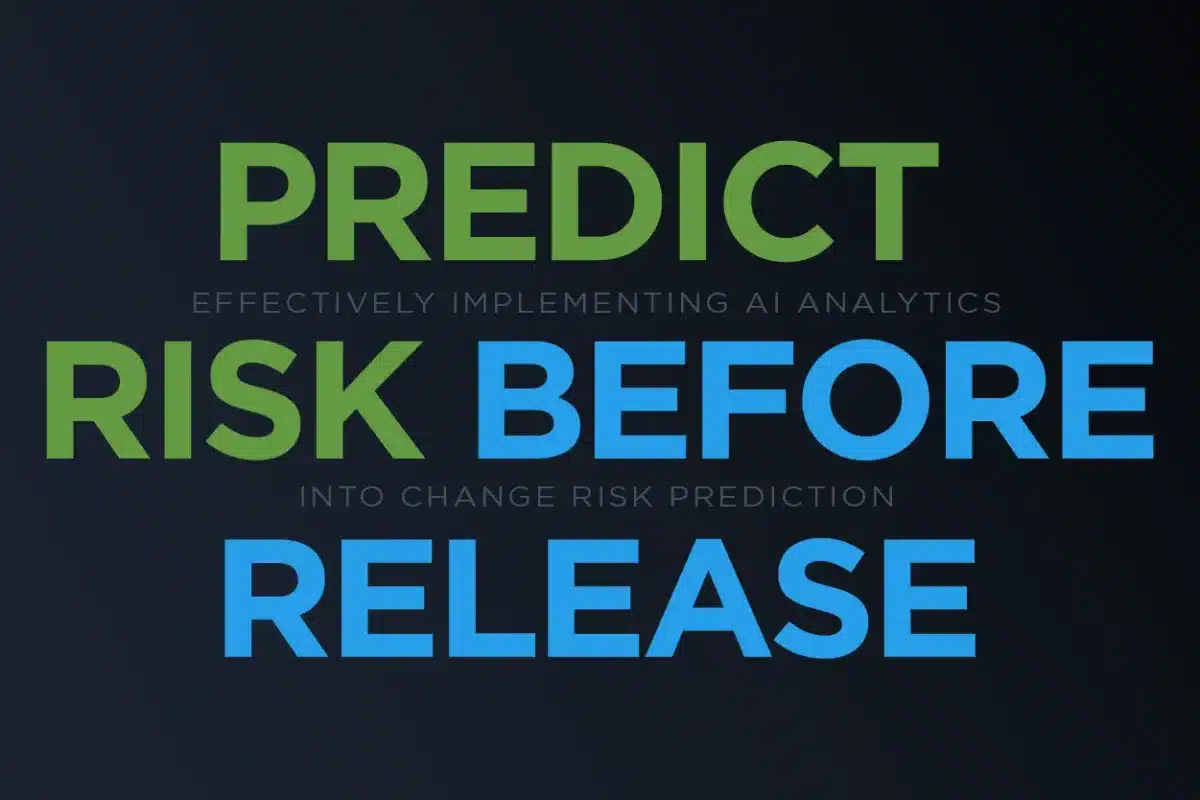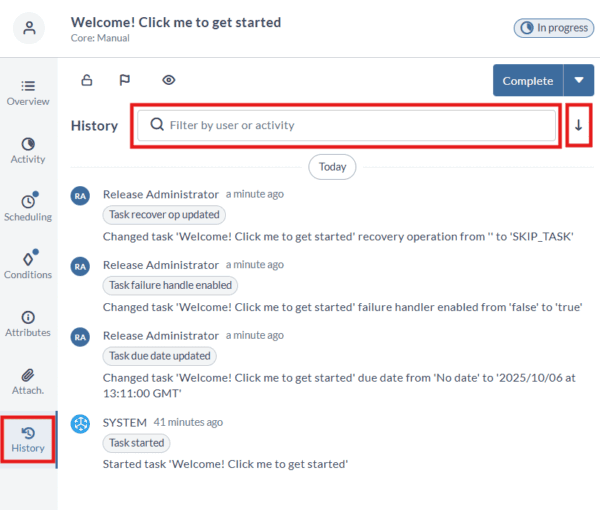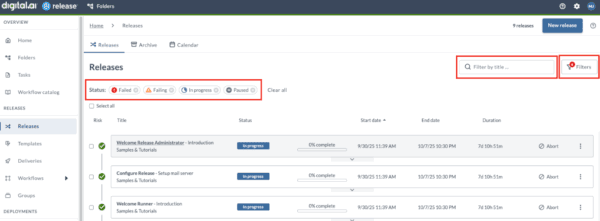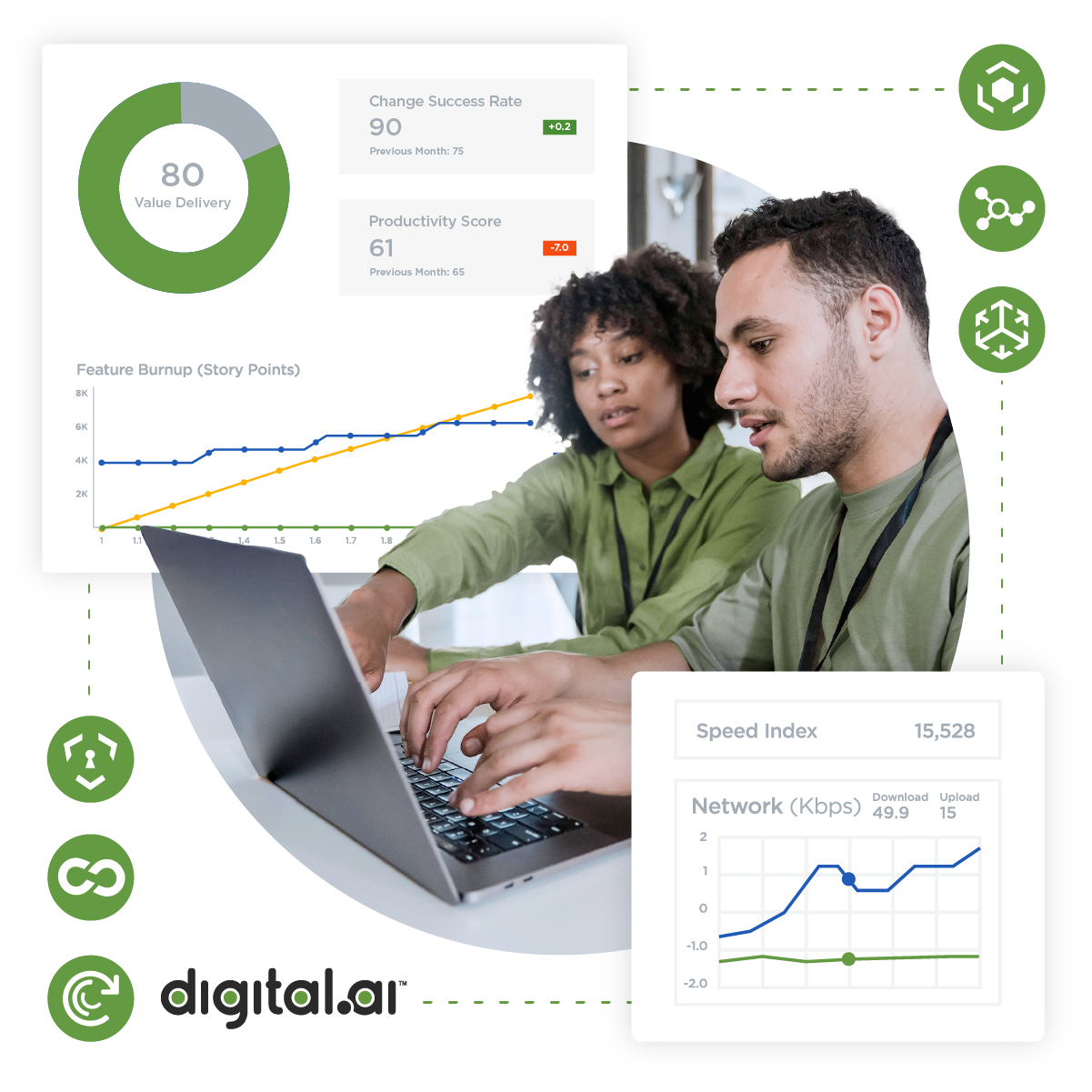
Author
Marshall Payne, Senior Product Marketing Manager
Ready to empower your DevOps teams with AI-guided workflows?
Explore
What's New In The World of Digital.ai
Platform Engineering, IDPs, and Golden Paths
Introduction: Platform Engineering in Software Development Organizations are faced with…
Effectively Implementing AI Analytics into Change Risk Prediction to Improve DevOps Reliability
Objectives, Benefits, and Use Cases of a Well-Implemented AI-Based CRP…
More Tests, More Problems: Rethinking AI-Driven Test Generation
Generative AI is transforming software development faster than any technology…

